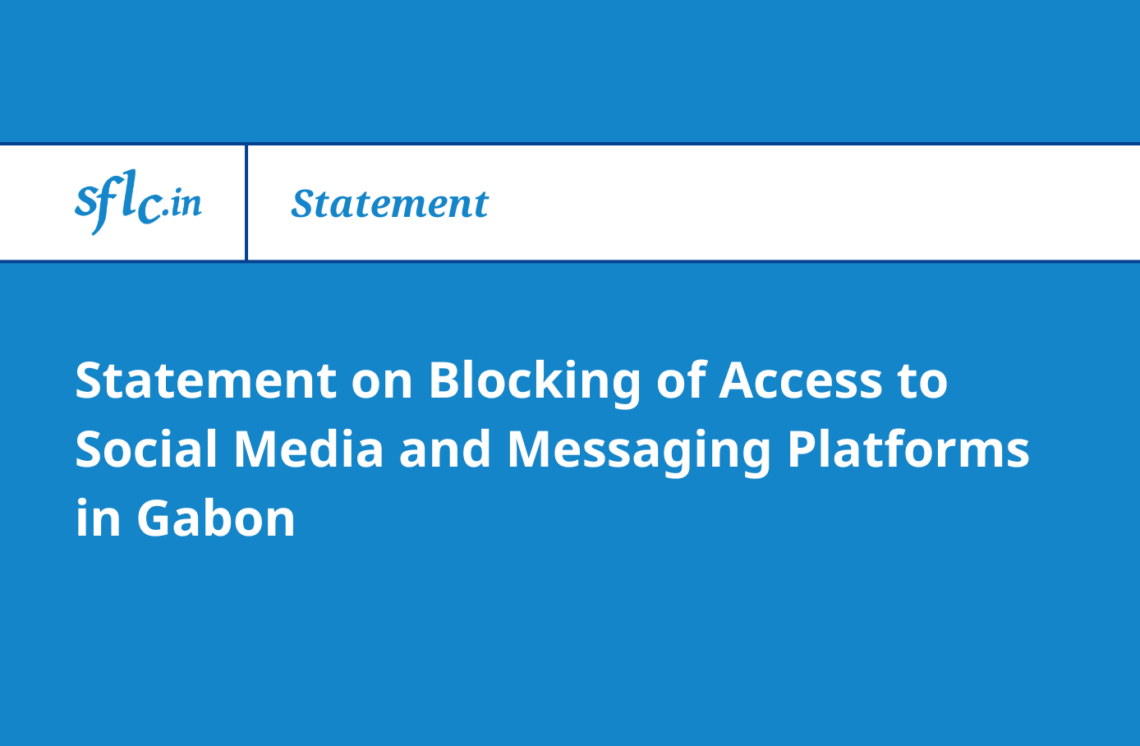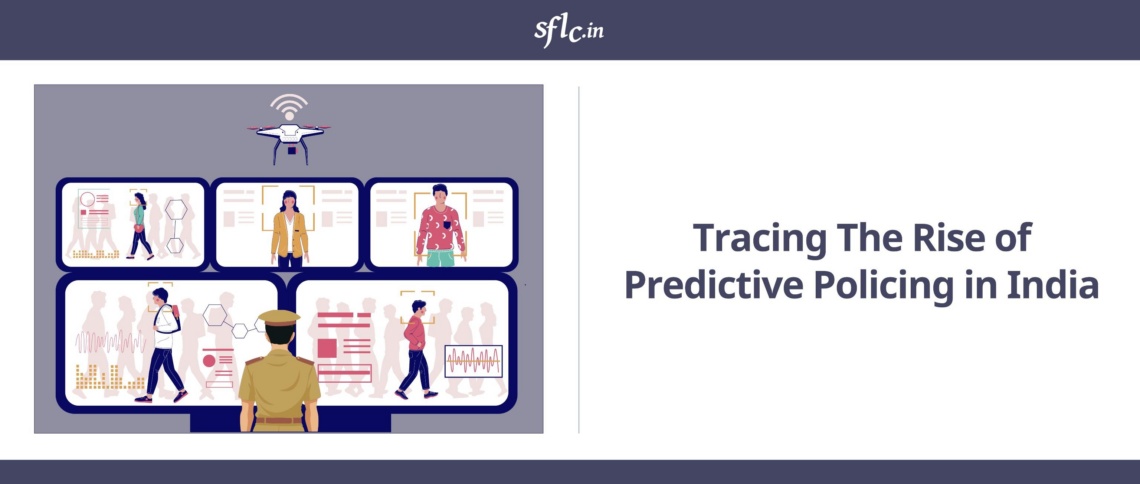Through a television announcement, the Haute Autorité de la Communication, Gabon (“HAAC”) stated that access to social media platforms would be blocked indefinitely throughout the country on 18th February 2026, citing concerns that posts on social media platforms pose a threat to social cohesion and threaten the stability of institutions and national security. While the order did not specify which platforms were restricted from the public, NetBlocks confirmed in a post on Mastodon that social media and instant messaging platforms such as Facebook, Facebook Messenger, WhatsApp, YouTube and Tiktok were no longer accessible to the Gabonese citizens. Reportedly, the restrictions have been imposed in response to the protests by school teachers and civil servants that began in December of 2025, owing to concerns regarding pay and working conditions.
Owing to our long-standing advocacy against internet shutdowns and blocking of access to information online, Software Freedom Law Center, India (“SFLC.in”) strongly condemns the order issued by the HAAC. In SFLC.in’s Let the Net Work 2.0 Report, it has been recognized that such measures have multivariate effects as access to social media platforms is crucial for sharing information, expressing opinions, and conducting business. Such blanket restrictions can “restrict free speech, suppress political dissent, disrupt businesses, particularly for gig workers, and online entrepreneurs, and those relying on digital communications. Financial losses can mount for small businesses, who might depend on instant messaging platforms to conduct their daily operations”.
Article 1(2) of the Gabonese Republic’s Constitution recognizes the right to freedom of expression as an inalienable right. Further, Gabon is also a signatory to regional and international law treaties that reaffirm the protection and promotion of the right to freedom of speech and expression, assembly and access to information — particularly under Article 19 of the International Covenant on Civil and Political Rights (“ICCPR”) and Article 9 of the African Charter on Human and People’s Rights (“ACHPR”). On 1st July 2016, United Nations’ Human Rights Council adopted a Resolution, in which the Council states that human rights that apply in the non-virtual world must be applied with the same force in cyberspace. The Council condemned ‘intentional measures to prevent or disrupt accessing or sharing information online’. The position of the UN on this issue remains unambiguous, blocking access to internet or social media is illegal under international law.
Additionally, UN Guiding Principles on Business and Human Rights enshrine guidelines for corporations to promote human rights considering their major position as a stakeholder in the modern landscape of digital communication technologies. Accordingly, telecommunication companies have a duty to uphold human rights and undertake measures to push back against rights-violating practices such as blocking of access to social media platforms
We call on the Government of Gabon to urge the following:
- Immediately restore full and unrestricted access to all affected social media platforms in Gabon;
- Publish the order from the HAAC that includes the lawful basis and the rationale for imposing such blanket restrictions.
Additionally, we call upon the Internet service providers to stop enforcing shutdown orders, to approach relevant forums to challenge such unlawful government directives, and uphold their duty to respect the human rights of Gabonese citizens.
Lastly, we also urge protestors to refrain from violence and commit to non-violent means of expressing dissent and grievances.
SFLC.in stands in solidarity with movements in Gabon, the rest of Africa and globally that continue to resist censorship and fight for free and open internet access.
About SFLC.in
SFLC.in is a donor supported legal services organization that brings together lawyers, policy analysts, students, and technologists to protect freedom in the digital world. SFLC.IN promotes innovation and open access to knowledge by helping developers make Free and Open-Source Software, protect privacy and civil liberties for citizens in the digital world by educating and providing free legal advice and help policy makers make informed and just decisions with the use and adoption of technology.




